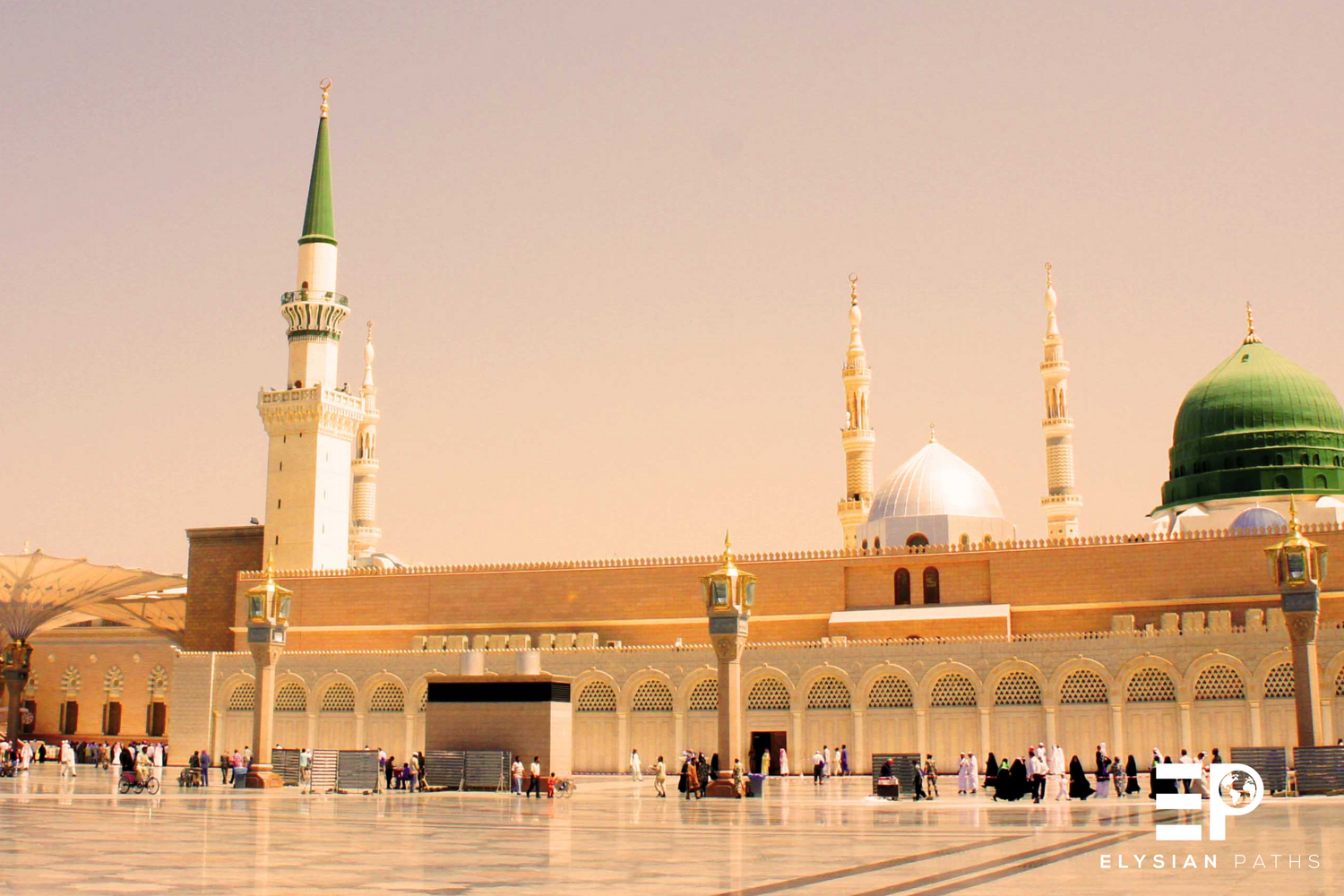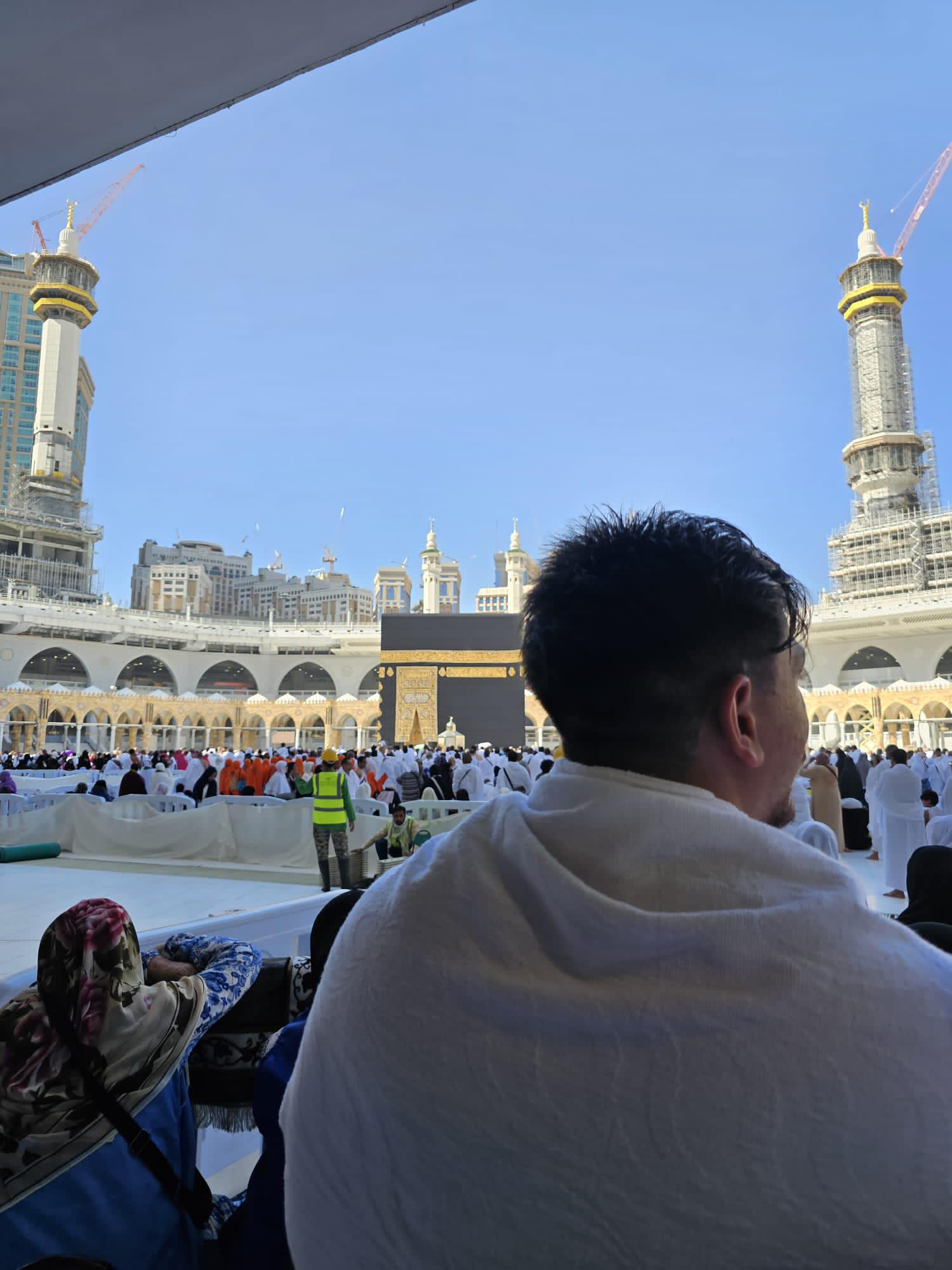
Umrah
Umrah is a highly recommended pilgrimage in Islam, often referred to as the “lesser pilgrimage” compared to Hajj. Though not obligatory, it holds immense spiritual significance. It can be performed at any time of the year, unlike Hajj, which is specific to certain dates. Umrah consists of performing Tawaf (circling the Kaaba) and Sa’i (walking between the hills of Safa and Marwah), symbolizing devotion and submission to Allah.
Performing Umrah is an act of purification and forgiveness, as it cleanses the pilgrim from sins. The Prophet Muhammad (peace be upon him) emphasized its importance, stating that each Umrah wipes away sins between the previous and the next. It's also a means of spiritual renewal and earning great reward.
Additionally, Umrah fosters a sense of unity among Muslims worldwide, as they gather in Makkah to worship together. Though simpler than Hajj, the journey holds immense merit and is a cherished spiritual endeavor for Muslims.

What is Required
To perform Umrah, there are a few key steps and requirements you must follow:
Intention (Niyyah): Before starting Umrah, you must make the intention to perform it sincerely for Allah.
Ihram: You must enter a state of spiritual purity by wearing the special white garments (two seamless cloths for men, and modest, clean clothing for women) known as Ihram, and refrain from certain actions such as cutting hair or nails.
Tawaf: Upon arriving in Makkah, you will perform Tawaf, which involves circling the Kaaba seven times in a counter-clockwise direction.
Sa’i: After Tawaf, you perform Sa’i, walking or running seven times between the hills of Safa and Marwah.
Cutting Hair: To complete Umrah, men shave their heads or trim their hair, while women cut a small portion of their hair.




